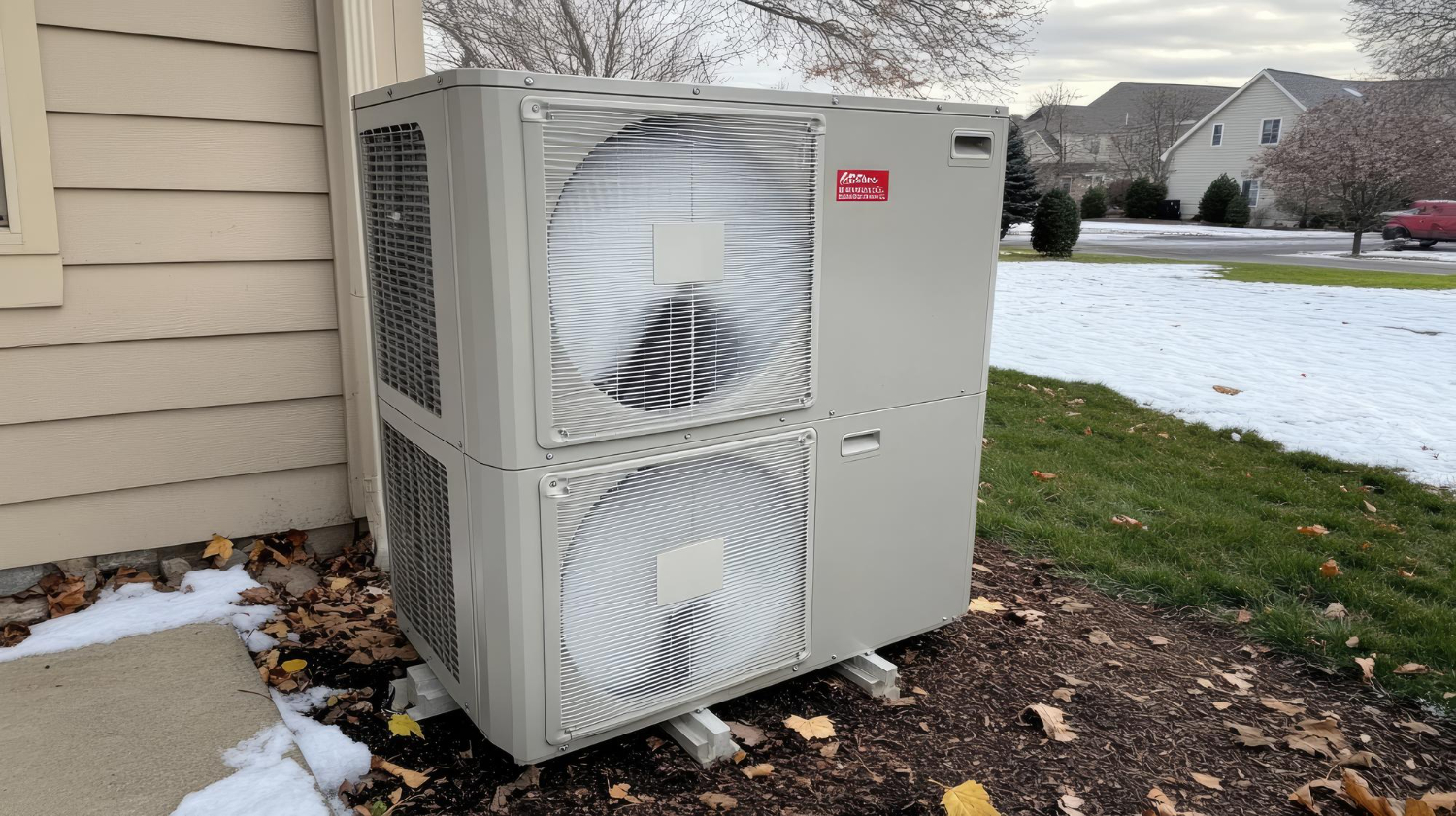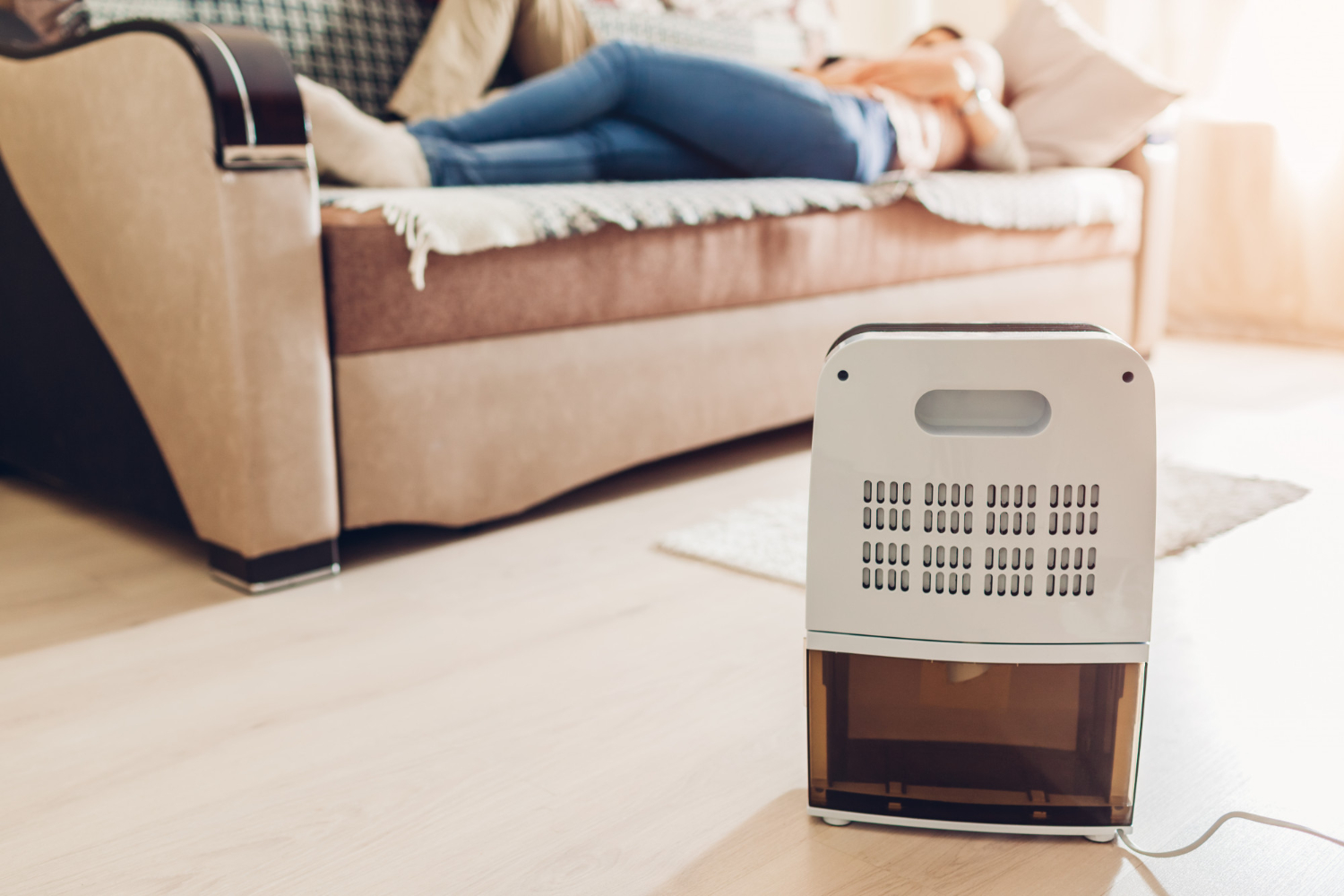Knowing when to replace your heat pump is essential to maintaining a comfortable and efficient home environment. Over time, even well-maintained heat pumps will begin to show signs of wear and decreased efficiency.
Understanding these signs can help you decide when it’s the right time to consider a replacement, ensuring that your home remains warm in the winter and cool in the summer.
Signs Your Heat Pump Needs Replacement
Frequent Breakdowns and Repairs
One of the most apparent signs that your heat pump needs replacement is the frequency of breakdowns and repairs. If you notice that your system requires constant attention from our technicians, it may be time to consider a new unit. Frequent repairs not only become costly over time, but they also indicate that your heat pump is no longer reliable. A well-functioning heat pump should provide consistent service throughout the year without the need for regular fixes.
Call Us
Rising Energy Bills
Another clear indicator that your heat pump may be due for replacement is a noticeable increase in your energy bills. As heat pumps age, they often become less efficient, consuming more energy to maintain the desired temperature. If you observe that your energy costs are rising, despite regular maintenance and unchanged usage patterns, this could signal that your heat pump is working harder than it should. Upgrading to a more efficient model can help lower your energy bills and reduce your carbon footprint.
Decreased Efficiency and Performance
Decreased efficiency and performance are signs that your heat pump is nearing the end of its lifespan. You may notice that your home is not as comfortable as it used to be, with some rooms feeling too hot or too cold. These fluctuations indicate that your heat pump is struggling to maintain the set temperature. In addition, if your system takes longer to heat or cool your home, this is another sign of deteriorating performance.
Assessing the Age and Condition of Your Heat Pump
Typical Lifespan of a Heat Pump
The typical lifespan of a heat pump ranges from 10 to 15 years. However, this can vary depending on factors like maintenance and usage. If your heat pump is approaching or has exceeded this range, it may be time to start planning for a replacement. Older units are more prone to problems and may not be as efficient as newer models. Keeping track of your heat pump’s age is a crucial step in assessing whether it’s time for an upgrade.
Evaluating Wear and Tear
Over the years, wear and tear can take a toll on your heat pump. Components such as the compressor, coils, and refrigerant lines may degrade, affecting performance. Our professionals can evaluate the condition of these parts during routine maintenance visits. If they observe significant wear and tear, especially if the cost of repairs is high, replacing the heat pump might be the more cost-effective and efficient solution.
Understanding the Benefits of Heat Pump Replacement
Enhanced Energy Efficiency
One of the primary benefits of replacing an old heat pump is enhanced energy efficiency. New heat pump models are designed with advanced technologies that significantly reduce energy consumption. This means that a new heat pump will use less energy to maintain the same level of comfort in your home. As a result, you will notice lower energy bills and less strain on your heating system.
Improved Home Comfort
Replacing your old heat pump can also lead to improved home comfort. New heat pump models provide better temperature control, ensuring that your home remains consistently comfortable throughout the year. They are equipped with features that allow for even heat distribution and more effective dehumidification, which can enhance indoor air quality. An updated heat pump works more quietly and efficiently, reducing noise levels and ensuring a peaceful home environment.
Compatibility with Modern Technologies
Upgrading to a new heat pump offers the advantage of compatibility with modern technologies, including smart thermostat installation. Smart thermostats can be integrated with newer heat pump models to provide better control over your home’s temperature settings. They allow for remote adjustments, energy usage monitoring, and programmable temperature schedules. This integration can further enhance the efficiency and convenience of your heating system.
Choosing the Right Replacement: Factors to Consider
Selecting the Appropriate Size and Model
When choosing a replacement heat pump, it is crucial to select the appropriate size and model for your home. A heat pump that is too large or too small will not operate efficiently and could lead to increased energy costs. Our professionals perform a thorough evaluation of your home to determine the best size and model that will meet your heating and cooling needs. The right size ensures optimal performance and consistent comfort.
Considering Smart Thermostat Installation
Smart thermostat installation should be a key consideration when replacing your heat pump. A smart thermostat can significantly enhance the performance of your new heat pump by allowing precise control of temperature settings. It offers features such as remote access, energy usage reports, and programmable schedules, which can help you manage your energy consumption more effectively. Integrating a smart thermostat with your new heat pump can lead to greater efficiency and more personalized comfort.
Professional Installation for Optimal Performance
Professional installation is essential for ensuring your new heat pump operates at its best. Our technicians have the expertise to install your heat pump correctly, ensuring all components are properly connected and configured. They follow best practices to prevent issues that can arise from incorrect installation, such as poor efficiency and frequent breakdowns. Trusting our professionals with the installation provides peace of mind, knowing that your heat pump will function reliably and efficiently.
Conclusion
Deciding to replace your heat pump is a significant decision that can improve the efficiency and comfort of your home. Recognizing the signs that indicate the need for a replacement, such as frequent breakdowns, rising energy bills, and decreased performance, is the first step. By assessing the age and condition of your heat pump, you can determine the right time to upgrade.
If you are considering a heat pump replacement in Port Ludlow, contact Eagle Pipe Heating & Air today. Our skilled technicians are ready to assist you with selecting and installing the right heat pump for your home, ensuring you enjoy improved efficiency and comfort for years to come!





